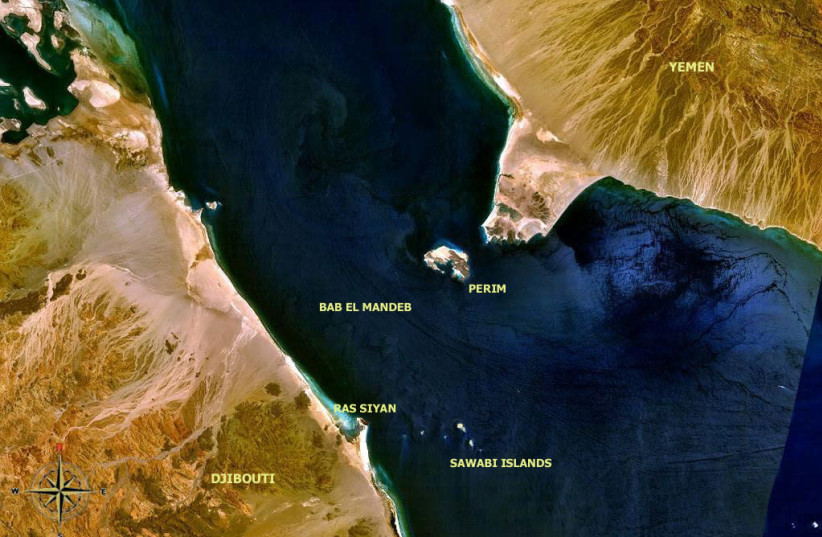Iran's Navy has reportedly thwarted an attempted "pirate attack" on an oil tanker sailing for the Gulf of Aden, south of Yemen and past the Red Sea, Iranian media has reported.
Four boats, each carrying six armed pirates were en-route to hijacking the tanker, which was heading for the Bab-el Mandeb Strait, but they were warded off by an Iranian Navy squad aboard the vessel, according to Iran's semi-official Tasnim News Agency.
The report claimed the pirates tried to hijack the vessel but were scared off by the warning shots, which is in line with many attempted pirate attacks.
This is not the only reported instance of Iranian naval forces repelling pirate attacks on their ships in the region. In mid-October, state television reported that five pirate ships attacked two oil tankers, but were scared away by Iranian forces.
The Bab-el Mandeb Strait is one of the most vital waterways in the world. Flowing into the Red Sea, it is dominates one of the most important global shipping routes and its narrow passages make it a prime spot for pirate attacks, as does its proximity to the Somali coast, from where many pirates in the region originate.

The UK Maritime and Trade Organization (UKMTO) said in its quarterly report that pirate attacks were down, though non-piracy incidents (such as drone strikes) were on the rise. The UKMTO tends to only record engagements and not incidents in which pirates were warded off.
These attacks tend to be carried out by fast boats that draw alongside the much larger vessels and the pirates then climb aboard using ladders. They then take control of the ship and the crew seeking a ransom.
Piracy has declined dramatically in recent years due to the presence of armed security guards aboard vessels, as well as the presence of friendly naval forces in the area.
Iran also claims that its navy has increased its presence in the area to protect shipping, Tasnim reported.
It has also been sending more oil tankers through the Red Sea towards Lebanon to provide oil to try to alleviate the ongoing fuel crisis at the behest of Iran-backed terror group Hezbollah, though this has been opposed by the Lebanese government, who consider it a breach of its own sovereignty.
Tzvi Joffre and Reuters contributed to this report.
